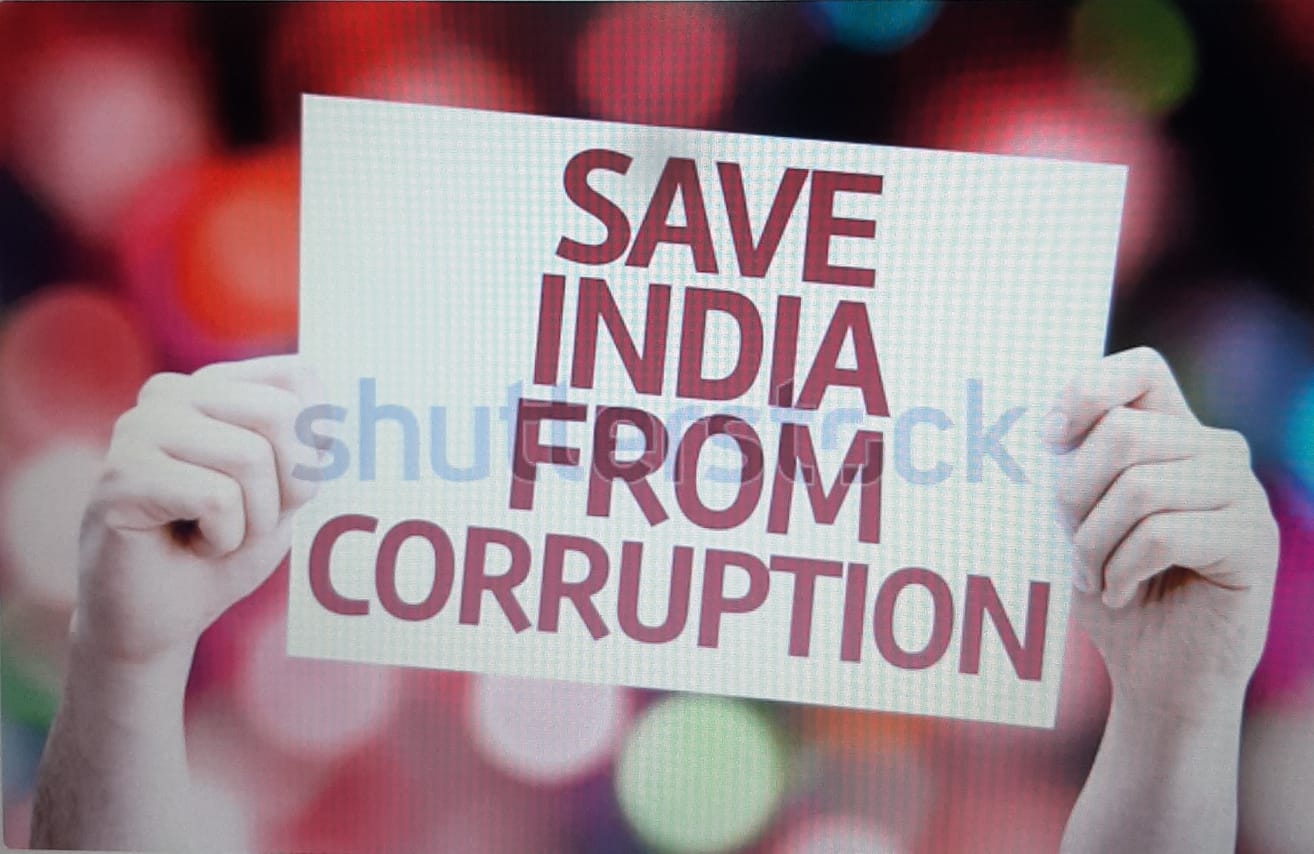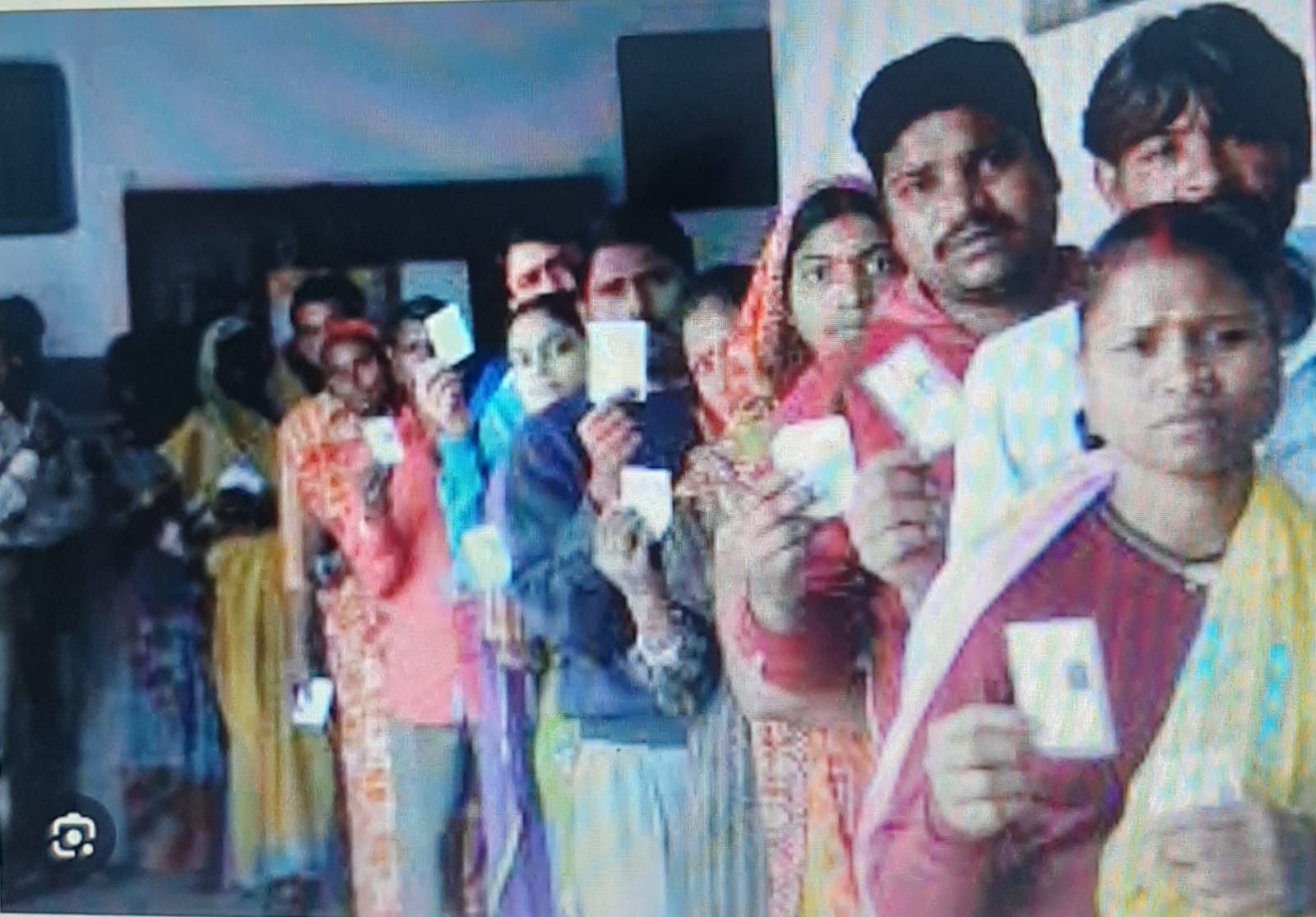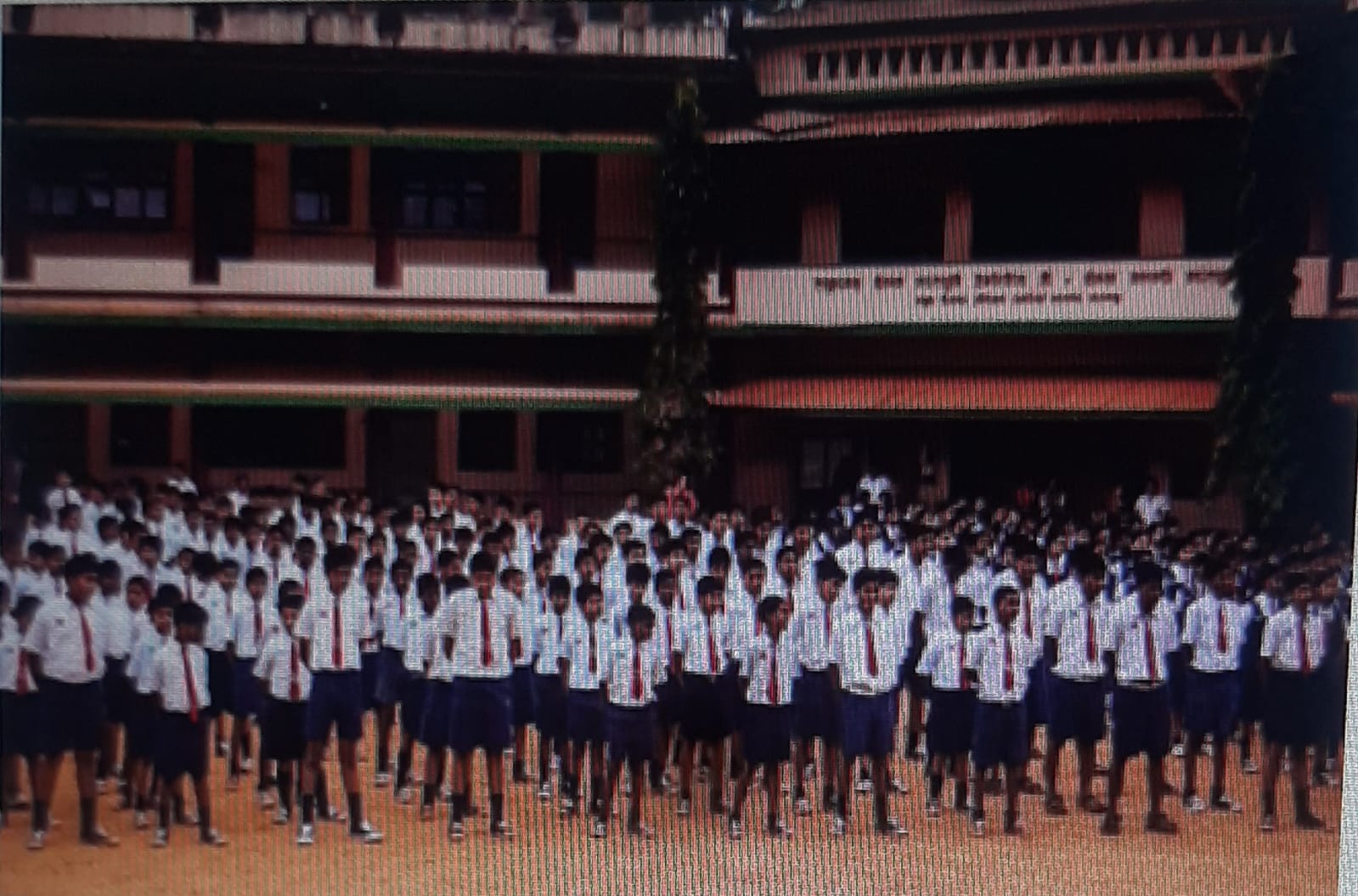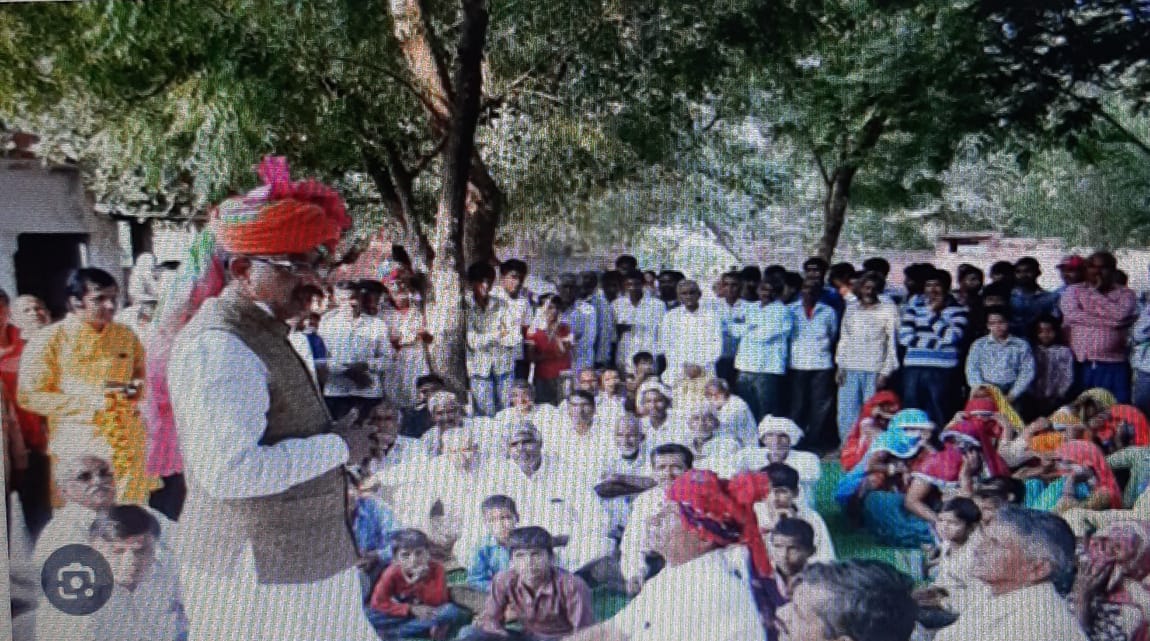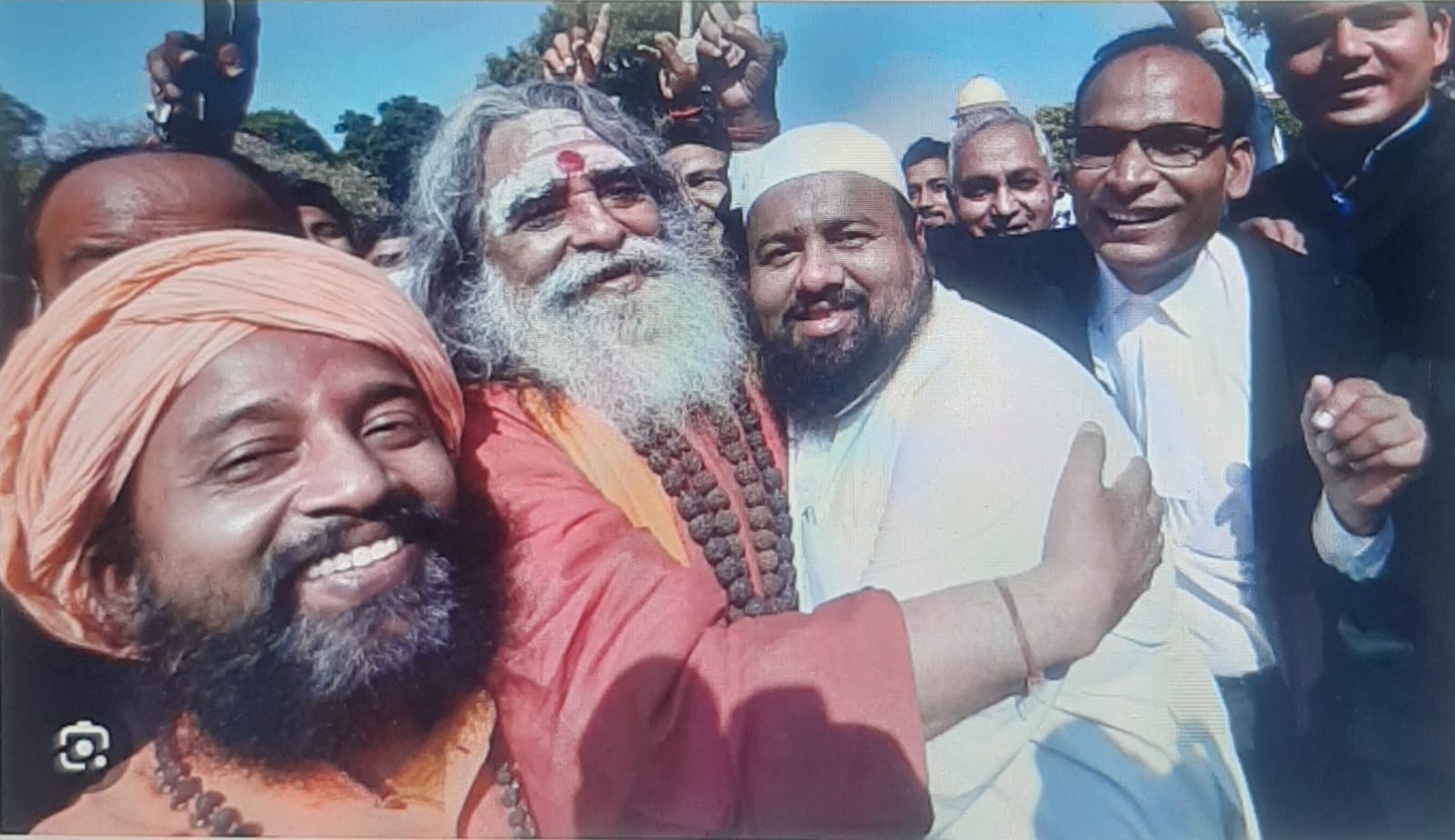
No doubt the controversy raised by the Chief Minister has been subject of debate over the decades with two groups targeting each other on the issue. It is still debatable whether “political Islam” has done any damage to Hindu traditions or had worked in unison by assimilating itself in local culture and traditions, writes M Hasan
Lucknow, October 23: The Chief Minister Yogi Adityanath terming “Political Islam” as the biggest threat to the “Sanatan Dharma” said that the people discussed British and French colonialism but there was no discussion of political Islam in India. Addressing a conference in Gorakhpur during Diwali celebrations, the Chief Minister that even today efforts were being made to spread ‘political Islam’ in the form of people like Jalaluddin alias Changur. UP police had recently arrested Changur on charges of running a network to induce conversion through use money.
No doubt the controversy raised by the Chief Minister has been subject of debate over the decades with two groups targeting each other on the issue. It is still debatable whether “political Islam” has done any damage to Hindu traditions or had worked in unison by assimilating itself in local culture and traditions.
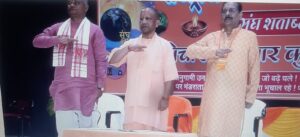
Yogi, to put his point forward, also alleged that “activities promoting political Islam” continue to persist in various forms and linked them to issues such as religious conversion and terrorism. Referring to recent state policy, Adityanath said Uttar Pradesh has banned the sale of Halal-certified products, claiming that proceeds from such products were being used for “conversion, love jihad, and terrorism.”
Not only the chief minister but other Hindu nationalists have asserted that political Islam is a historical and contemporary threat aimed at changing India’s demography and undermining its faith. However academic work has documented how Islam acted as a political ideology for various dynasties throughout Indian history. It has also analyzed how political Islam in India was forced to adapt to local cultural limits. In counter-narrative secular intellectuals had advocate for a political future rooted in constitutional values rather than a retreat into identity politics.
In fact, contrary to what is being claimed that “no discussion on Political Islam”, book shelves in libraries in various parts of the country are full of vast relevant literature in almost all the languages. It is the question whether people read it or not.
Referring to controversy created by the Chief Minister, the former IAS officer and founder vice chancellor of Khwaja Moinuddin Chishti University Lucknow Anis Ansari said here on Thursday that “RSS-BJP establishment seems to be obsessed with Islam and other religions followed by minorities. Misgivings on political Islam have been a staple diet of RSS – BJP. Politicalisation of any religion including Islam, Hinduism, Sikhism, Christianity or Buddhism is avoidable in a multi – religious society. Political use of religion does more harm than benefits to the followers of the misused religion themselves and the country on the whole. Misuse of religion in the past by Aryans, Arabs, Persians, Turkish & British political rulers always damaged India. There is a lesson in this history for present day leaders of RSS – BJP also. They should change their main political strategy of dividing Indian citizens on communal lines to rule the country. It will boomerang on them after the damage is felt by the majority of citizens.
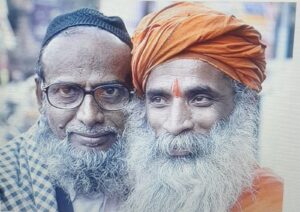
Historians and political scientists held differing views on whether political Islam in India was a threat to Sanatana Dharma. Drawing on centuries of complex interactions between the two traditions there was no scholarly consensus, as this question involved various interpretations of historical events and contemporary political dynamics. Historians like Will Durant and Jadunath Sarkar had characterized some Muslim invasions as systematic campaigns against Hindus, involving forced conversions and the destruction of temples and elimination of Hindu culture. From this viewpoint, political Islam was inherently expansionist and sought to reconstruct society along Islamic lines, which was seen as a threat to the pluralistic and decentralized nature of Sanatana Dharma. The 20th-century political demands for a separate Muslim state, culminating in the 1947 Partition, are seen by some as the ultimate manifestation of political Islam’s threat to a unified, Hindu-majority India.
But secular historians, including Audrey Truschke, Romila Thapar and other belonging to Indian History Congress have offered more nuanced interpretations, arguing that the “clash of civilizations” narrative was historically inaccurate and driven by modern political agendas. They have argued that while conflicts existed, many Muslim rulers, prominently Akbar, were pragmatic and adopted policies of coexistence, religious patronage, and multiculturalism. Some even integrated Hindus into their bureaucracy and military. Some scholars have pointed out that Islamic egalitarianism appealed to some lower-caste Hindus, challenging the entrenched caste system, and that many conversions were motivated by social mobility or pragmatism rather than solely force.
The fact that almost all of original sources of Islam are in Arabic and Persian which have acted as a formidable impediment to the acquisition of knowledge about Islam as a religion and as a way of life. Great writer Premchand once lamented that despite having lived with each other for more than a thousand years, Hindus and Muslims knew very little about each other’s religion and culture. He was of the view that unfamiliarity with each other was also a major factor in the growth of suspicion, animosity, and communal attitudes among both the communities.
Mahatma Gandhi saw political Islam as inextricably linked with Hindu-Muslim unity and opposed its use for division. He believed that both “heart unity” and political unity were crucial and viewed the “political Islam” that sought to divide India as enemies of both Islam and India. Gandhi emphasized that true religion should guide politics toward peace, justice, and non-violence, and that all Indians, including Muslims, should be loyal to the Indian Union. Gandhi sought a “heart unity” between Hindus and Muslims, seeing it as essential for India’s freedom and for building a dignified nation. He believed that the communal division was often fueled by British policy and by religious leaders who exploited religious differences for their own gain.
Rabindranath Tagore’s writings on political Islam in India are complex and open to interpretation, with sources suggesting his work reflected both a critique of communalism and an emphasis on inter-religious understanding. He was concerned about the potential for religious conflicts and the use of religion for political ends, particularly when it led to social injustice or oppression. His emphasis was on building sympathy and overcoming mutual ignorance between Hindus and Muslims, rather than on any specific anti-Islam political stance. Tagore criticized the social divisions and injustices that could arise from communalism, viewing them as a “curse” upon the country. He was concerned about groups using force to control the opinions of others, regardless of religious affiliation. Tagore believed that a lack of knowledge of each other’s culture and customs was a potent source of conflict. He worked to bridge these divides by establishing a department of Islamic Culture at Visva-Bharati University to foster understanding and goodwill between communities.
Pandit Jawaharlal Nehru saw political Islam as a component of India’s pluralistic, secular society, not as a separate political entity, and he viewed it critically when it was used to promote communalism. He believed in a secular India where people of all religions could live in harmony and was opposed to both Hindu and Muslim communalism. Nehru was particularly against the use of religion to divide people and advocated for a scientific temper and rationalism to overcome religious obscurantism. Nehru was a vocal critic of communalism in all its forms, including any political mobilization based on religion, stating it was a threat to national unity. His vision for India was based on secularism, where the state would not favor one religion over another and would ensure harmony among communities.
The question of whether political Islam poses a threat to Sanatana Dharma is not a simple one and lacks a single, definitive answer from a historical perspective. It is an ongoing and often politicized debate with several layers of historical interpretation. Historically, periods of conflict and persecution under some rulers existed alongside long periods of coexistence, cultural exchange, and mutual influence. Contemporary perspectives are shaped not only by historical events but also by modern political narratives from both Hindu nationalist and some Islamist viewpoints. Both Islam and Sanatana Dharma are complex traditions with diverse interpretations and have continuously adapted to different historical contexts, rather than being static, monolithic entities.
(M Hasan is former Chief of Bureau Hindustan Times, Lucknow)



